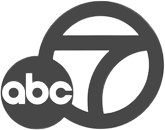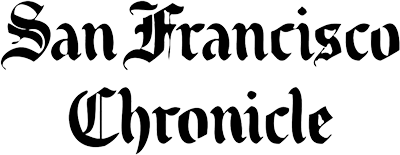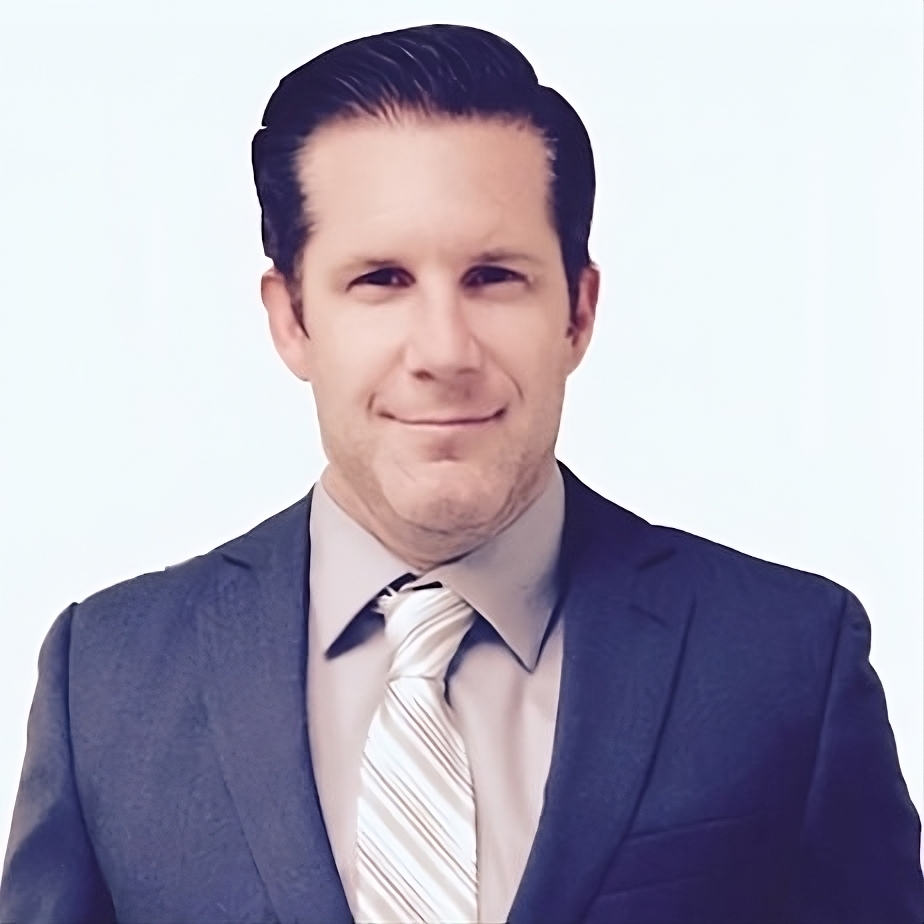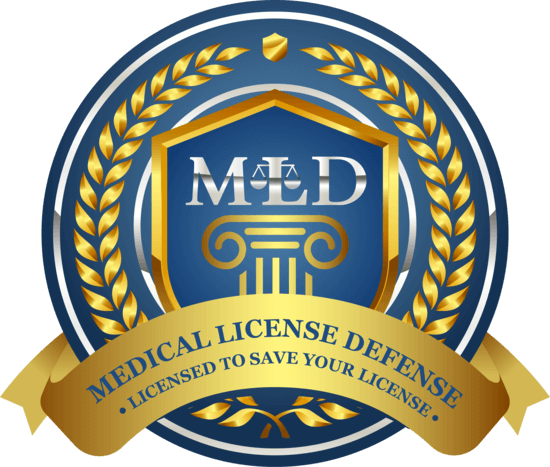Upcoding in medical billing is a serious offense that can have significant legal and financial consequences for healthcare professionals. This article aims to shed light on the implications of upcoding, the risks it poses, and the potential penalties that can be imposed by regulatory authorities. If you are facing allegations of upcoding, it is crucial to seek the guidance of a skilled medical license defense lawyer to protect your rights and navigate the complex legal landscape.
Understanding Upcoding: Upcoding involves the deliberate submission of inaccurate or inflated billing codes to healthcare payers, such as insurance companies or government programs. It is typically done with the intention of obtaining higher reimbursements than justified by the provided services. The practice of upcoding is considered fraudulent and a violation of both legal and ethical standards in the healthcare industry.
The Risks and Implications:
Legal and Regulatory Consequences:
- Violation of False Claims Act: Upcoding can be seen as a violation of the federal False Claims Act, which prohibits knowingly submitting false or fraudulent claims to government healthcare programs, such as Medicare and Medicaid. Violations can result in substantial fines and penalties.
- Civil and Criminal Liability: Upcoding can lead to civil lawsuits or criminal charges, depending on the severity and intent. Healthcare professionals found guilty of upcoding may face hefty fines, exclusion from government programs, restitution, and even imprisonment.
Damage to Professional Reputation:
- Erosion of Trust: Engaging in upcoding practices erodes the trust between healthcare professionals and patients, as well as within the healthcare community as a whole. It can damage your professional reputation, leading to a loss of patient confidence and potential negative impacts on your practice.
- Licensing Board Scrutiny: Allegations of upcoding can trigger investigations by licensing boards or regulatory authorities. Disciplinary actions may include reprimands, probation, suspension, or revocation of your medical license, which can have long-term ramifications for your career.
Importance of Skilled Medical License Defense Lawyer:
- Expert Legal Representation: Retaining the services of a skilled medical license defense lawyer is crucial when facing upcoding allegations. They possess specialized knowledge in healthcare fraud defense and will provide you with comprehensive legal representation.
- Defense Strategy Development: Your attorney will meticulously analyze the allegations, review billing and medical records, and collaborate with industry experts to develop a robust defense strategy. This may involve challenging the evidence, demonstrating adherence to coding guidelines, and proving the absence of fraudulent intent.
- Negotiations and Advocacy: A skilled medical license defense lawyer will negotiate with regulatory authorities, payers, or government agencies on your behalf. Their goal is to protect your rights, minimize the potential penalties, and strive for the best possible resolution.
Upcoding in medical billing poses significant legal and professional risks for healthcare professionals. If you are facing upcoding allegations, it is essential to consult with a knowledgeable medical license defense lawyer. At Medical License Defense, we understand the complexities of upcoding cases and are dedicated to providing strong legal representation. Contact us today to discuss your situation and protect your medical license and professional future.















